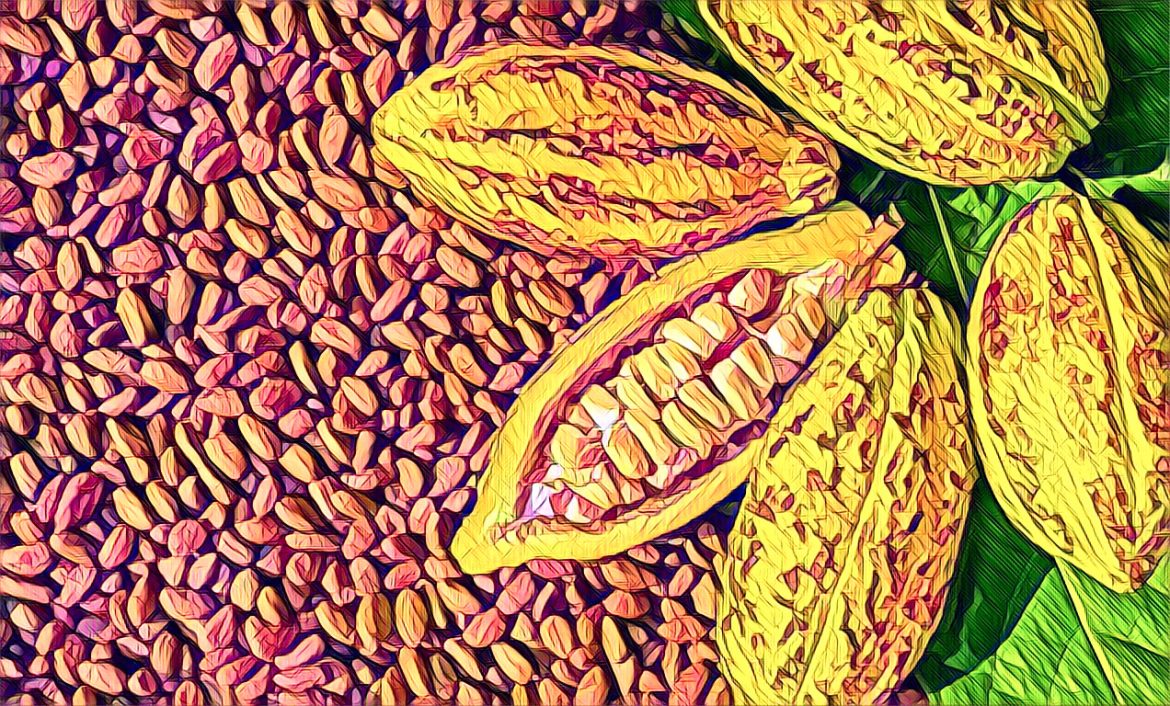Cocoa farming stakeholders in Ondo State, Nigeria, have highlighted the crop’s potential as a significant source of national wealth, alongside oil, due to its stable international market prices. During a two-day awareness campaign in Idanre and Ifedore local government areas, aimed at eliminating child labor practices in cocoa farming, they called for the inclusion of cocoa in national plans to diversify the economy away from its heavy reliance on petroleum.
The campaign, part of the Child Labour Education and Resilience (CLEAR) project, was orchestrated by Lutheran World Relief with funding from the Evangelical Lutheran Church in America (ELCA). It was implemented in collaboration with local and national partners including the Ondo State Government, the Cocoa Farmers Association of Nigeria (CFAN), the Federal Ministry of Labour and Employment, and the International Labour Organisation (ILO).
Adeola Adegoke, the President of CFAN, underscored cocoa production as a viable alternative to oil amidst Nigeria’s economic challenges. He emphasized the shift from production to consumption as a critical issue facing the nation and posited that cocoa production could serve as the economy’s backbone. Highlighting Idanre’s status as the top cocoa-producing local government area in Nigeria, Adegoke pointed to the substantial potential for engaging the youth in sustainable cocoa farming.
Nene Akwetey-Kodjoe, Chief of Party at Lutheran World Relief, advocated for the eradication of child labor in cocoa farming, stressing the importance of doing it right and ensuring children receive an education instead of engaging in hard labor. The CLEAR project, according to Siji Ofoesuwa, Programme Technical Advisor at Lutheran World Relief, aims to significantly reduce child labor prevalence among cocoa farmers in the region.
The Ondo State Ministry of Education, Science, and Technology, through its Deputy Director, Guidance and Counseling unit, Olayemi Fakehin, revealed that the government has developed a comprehensive strategy to eliminate child labor. This strategy includes strengthening laws and policies to protect children more effectively and impose harsher penalties on those exploiting them for labor.
The first Onibuji of Ibuji in Ifedore Local Government, Folagbade Ojo, expressed gratitude for the awareness campaign. He highlighted that the local community primarily engages in farming, producing not only cocoa but also palm oil, kolanut, oranges, and various crops. This acknowledgment of the community’s agricultural base underscores the importance of cocoa farming not just for economic diversification but also for sustainable community development.
The push to recognize cocoa as a cornerstone of Nigeria’s economy is a reflection of broader efforts to leverage agriculture for economic stability and growth. By addressing the challenges of child labor and advocating for the inclusion of cocoa in economic planning, stakeholders are laying the groundwork for a more diversified, resilient, and ethical economy. With cocoa’s stable market value and the potential for sustainable production practices, Nigeria has the opportunity to enhance its economic landscape while ensuring the welfare and education of its children, fostering a cycle of growth and development that benefits all members of society.
Source: This Day Live


